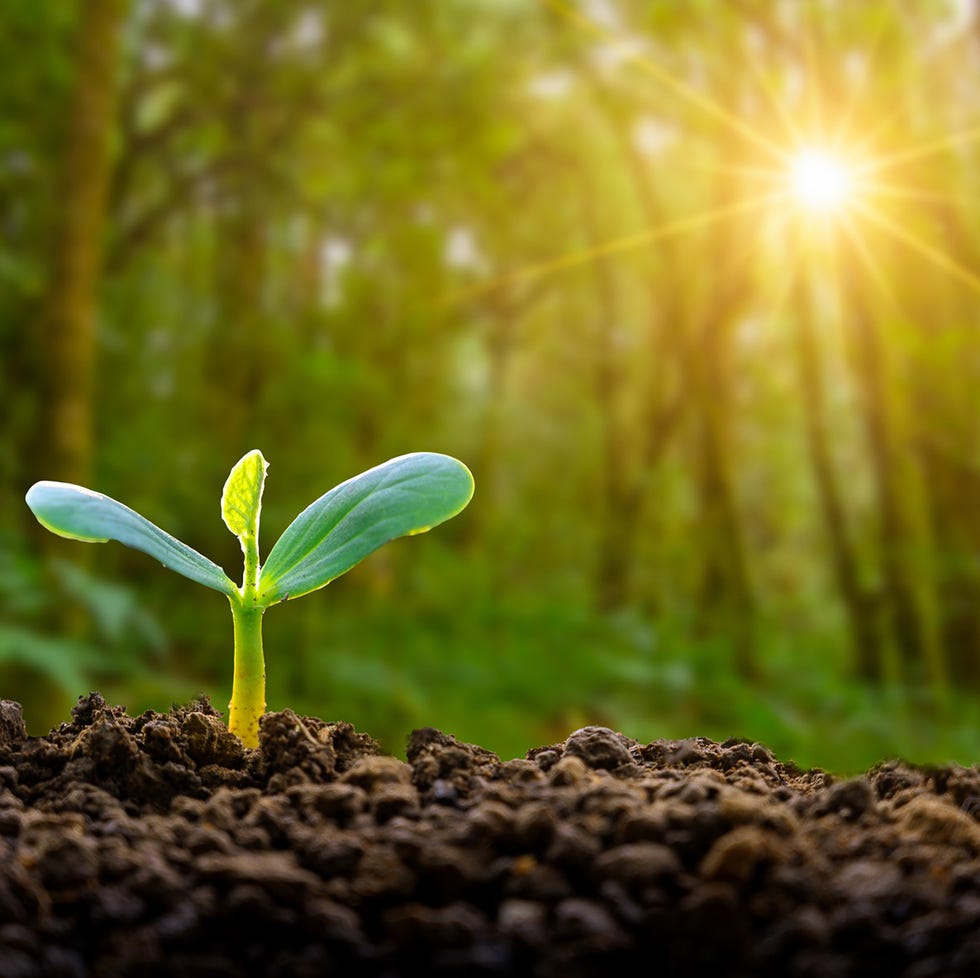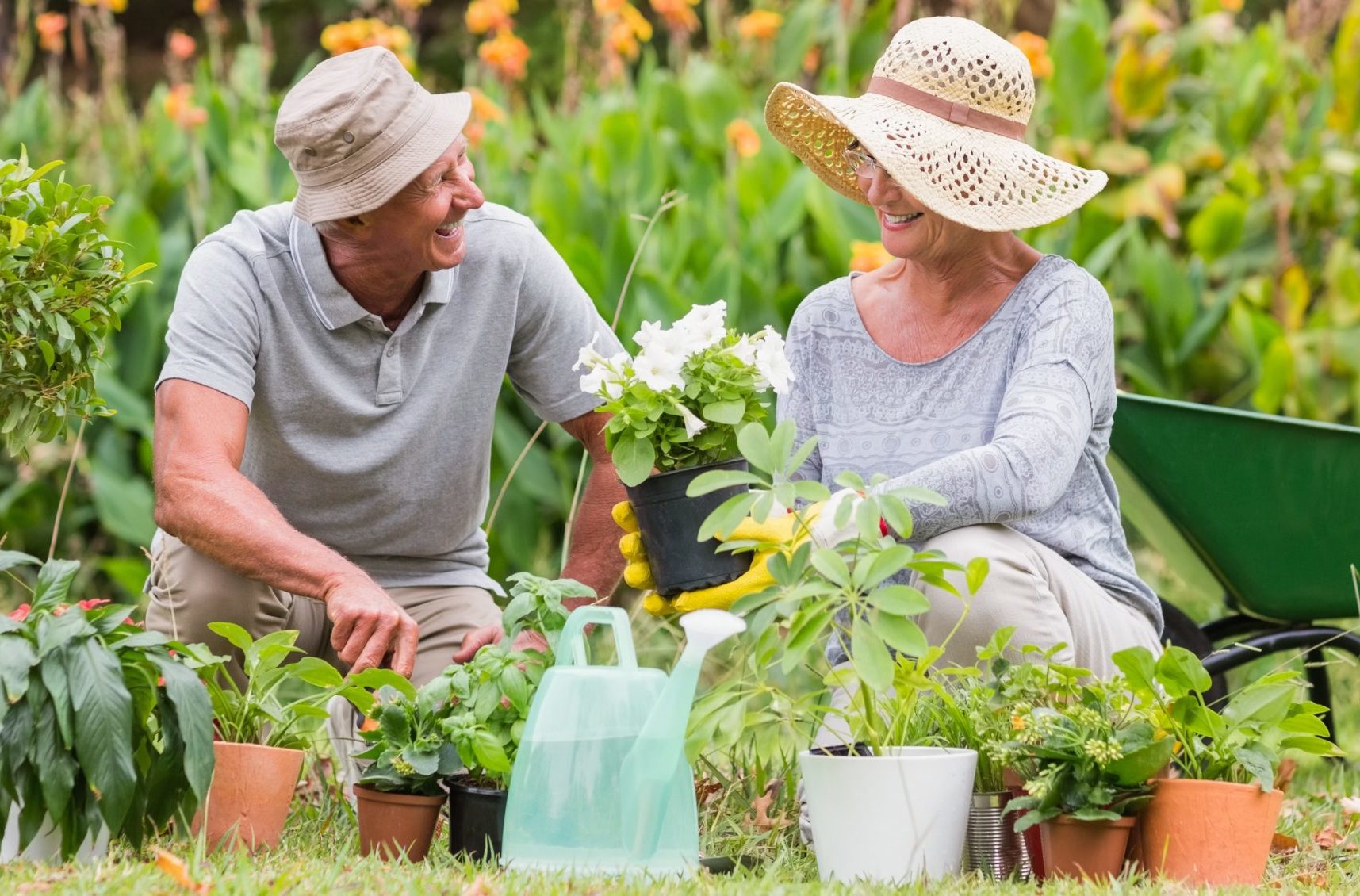From Novice to Eco-friendly Thumb: a Newbie's Journey Into the Globe of Horticulture
From Beginner to Environment-friendly Thumb: a Novice's Trip Into the Globe of Gardening uses a detailed guide for individuals seeking to cultivate their very own garden. This book works as an useful source, giving step-by-step guidelines and useful guidance to aid beginners browse the world of gardening with self-confidence. Whether you have a spacious backyard or a little terrace, this guide covers the important to get you started on your horticulture journey. From understanding the basics of plant selection and dirt prep work to repairing common horticulture issues, this publication outfits readers with the knowledge and skills required to change their outside spaces into growing gardens. With an expert composing design and a concentrate on practicality, this publication is a must-have for aiming environment-friendly thumbs.
Comprehending the Essentials
The primary step in ending up being an effective garden enthusiast is to realize the basic concepts and strategies that develop the foundation of gardening. Comprehending the basics is crucial for anyone who wants to grow and support plants properly. One of the fundamental concepts of horticulture is to supply plants with the ideal growing conditions. This includes taking into consideration elements such as sunshine, soil quality, water needs, and temperature level choices. Various plants have varying demands, and it is crucial to study and recognize these requirements before selecting and growing them in your garden.

Furthermore, understanding insect and condition administration is crucial for maintaining a healthy and balanced garden. Identifying common garden pests and conditions, along with discovering organic and chemical control techniques, can help avoid and deal with problems that might develop.
Picking the Right Plants
Each plant has its very own collection of demands, including sunshine, soil type, dampness degrees, and temperature level. By comprehending these needs and choosing plants as necessary, gardeners can produce the optimal growing setting for their plants.
Among the very first elements to take into consideration when picking plants is the quantity of sunshine readily available in the yard. Some plants prosper completely sun, while others prefer partial or also complete color. Evaluating the quantity of sunlight obtained in various locations of the garden will certainly aid identify which plants will certainly flourish in each place.
Dirt kind is an additional vital consideration. Different plants have different soil preferences, ranging from well-draining sandy dirt to moisture-retaining clay dirt. Conducting a dirt examination can offer valuable info concerning the pH degree and nutrient material of the soil, helping gardeners pick plants that will certainly grow in their garden's particular dirt problems.
In addition, water requirements play a substantial duty in plant selection. Some plants are drought-tolerant and need minimal watering, while others grow in damp settings. When picking plants., taking into consideration the schedule of water and the ability to offer adequate watering is necessary.
Last but not least, the regional climate and temperature level variations need to be taken into consideration. Some plants are a lot more cold-hardy and can withstand frost and cold temperature levels, while from this source others are more fit to tropical and cozy environments. Comprehending the environment and choose plants appropriately will ensure their survival and success in the garden.
Preparing the Soil
Correct dirt prep work is necessary for newbie gardeners to develop a nutrient-rich and abundant structure for their plants. Before growing, it is critical to analyze the soil's water drainage, nutrient, and structure material to ensure ideal expanding problems. One of the first actions in have a peek here dirt preparation is getting rid of any weeds or particles from the planting area.
It is also crucial to evaluate the soil's pH level to establish its acidity or alkalinity. Most plants prefer a somewhat acidic pH between 6.0 and 7.0. Changes such as lime or sulfur can be added to change the pH as necessary. if the soil is too acidic or alkaline.
Including organic issue, such as compost or well-rotted manure, is an additional important step in dirt preparation. Organic issue boosts soil structure, boosts drainage, and gives vital nutrients for plant growth. It additionally acts as a sponge, helping the soil preserve moisture during completely dry durations.

Nurturing and Preserving Your Garden
After preparing the dirt, newbie gardeners can start supporting and preserving their yard to make certain healthy plant growth and a plentiful harvest. Supporting a yard involves several key jobs, consisting of watering, fertilizing, and protecting plants from bugs and diseases.
Watering is important for plant survival, and it is important to supply appropriate wetness without overwatering. Amateur gardeners must find out about the sprinkling needs of their specific plants and readjust appropriately. It is advisable to water plants in the morning to permit adequate time for the vegetation to completely dry before nightfall, minimizing the risk of illness.
Feeding is one more crucial facet of garden maintenance. Novice garden enthusiasts need to look into the certain nutritional demands of their plants and choose appropriate plant foods. Organic options, such as compost or manure, can be useful for overall plant wellness and soil fertility.
Safeguarding plants from bugs and illness is a continuous effort. Regular surveillance, early detection, and punctual action are vital to preventing significant damage. Amateur garden enthusiasts should familiarize themselves with usual insects and illness in their area and find out about organic or chemical control methods.
Along with these tasks, routine weeding, pruning, and mulching should not be forgotten. Weeds take on plants for sources, so removing them regularly is very important. Trimming helps form plants and motivates healthier development, while mulching conserves wetness, subdues weeds, and regulates dirt temperature.
Troubleshooting Common Gardening Issues
Garden enthusiasts might experience different usual gardening issues that call for troubleshooting to preserve the wellness and vigor of their plants. Pests like snails, visit slugs, and aphids can wreak chaos on plants, triggering damages to leaves, stems, and blossoms.
Another concern that gardeners often deal with is nutrition deficiency. Plants require a well balanced supply of nutrients to prosper, and shortages can result in stunted development, yellowing leaves, and inadequate fruit advancement. Carrying out a dirt examination can aid identify which nutrients are lacking and permit garden enthusiasts to amend the soil appropriately with organic fertilizers or compost.
Additionally, improper watering methods can likewise trigger issues in the yard. Overwatering can bring about root rot and fungal diseases, while underwatering can cause nutrition and wilting imbalances. Discovering the ideal balance is critical, and garden enthusiasts should keep track of dirt moisture levels and readjust sprinkling schedules appropriately.
Lastly, climate and weather can present obstacles to garden enthusiasts. Severe temperature levels, frost, solid winds, and hefty rain can harm plants. Safety procedures such as using frost covers, windbreaks, and giving shade can aid mitigate these concerns.
Conclusion
In conclusion, this short article has actually given a detailed summary of the trip from being an amateur to coming to be an environment-friendly thumb in the globe of horticulture. By recognizing the fundamentals, picking the right plants, preparing the soil, and nurturing and maintaining the garden, beginners can overcome typical gardening concerns and efficiently cultivate their own lush and dynamic yards. With devotion and practice, anyone can establish the skills and understanding necessary to become an experienced garden enthusiast.
Different plants have varying needs, and it is vital to research and understand these needs before selecting and growing them in your garden.
By understanding these demands and choosing plants accordingly, garden enthusiasts can create the optimum growing atmosphere for their plants. home gardening for beginners.
Various plants have different dirt preferences, varying from well-draining sandy soil to moisture-retaining clay soil. Performing a dirt test can provide important information regarding the pH level and nutrient content of the soil, aiding gardeners choose plants that will flourish in their yard's specific dirt conditions.
By understanding the essentials, selecting the right plants, preparing the dirt, and nurturing and maintaining the garden, newbies can get over common gardening issues and efficiently cultivate their own lavish and vibrant gardens.